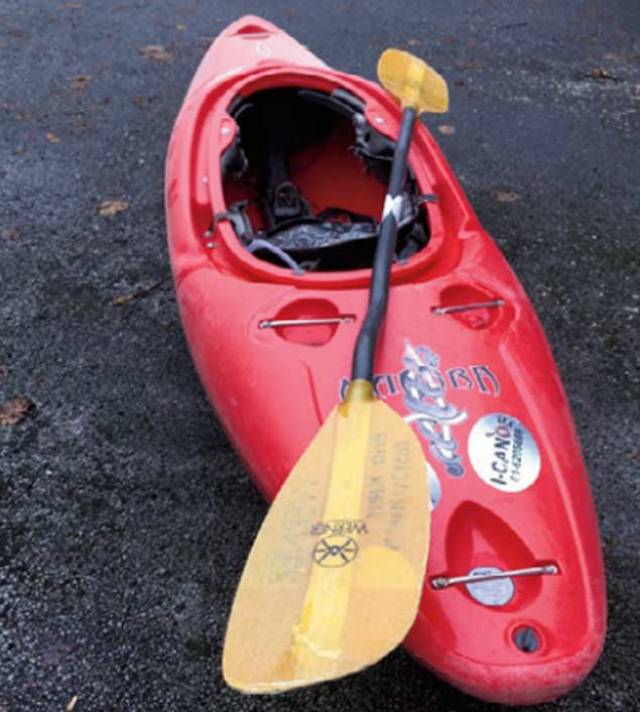An inquiry into the death of an experienced kayaker on a Kerry river last year has found that the lack of communication at the scene delayed call to the emergency services writes Lorna Siggins
Brita Waters (36) from Baldoyle, Dublin, drowned after she became trapped under a log on the Roughty river in Kilgarvan on November 4th, 2018.
The Marine Casualty Investigation Board (MCIB) report says that not all of the requirements of a code of practice for recreational craft were adhered to, including carrying personal locator beacons (PLBs) on remote rivers with grade 3 or “difficult” conditions.
The one mobile phone with the group was in the pocket of Ms Water’s lifejacket.
It says that a lack of any other mobile phone or other means of contact at the scene of the incident resulted in a 37-minute delay in calling the emergency services.
Ms Waters, who lived in Douglas, Cork, but had family connections with Baldoyle in Dublin and Dungarvan, Co Waterford, was a social studies graduate who had worked with Tusla, the child and family agency.
She was a highly experienced member of the Lir Canoe Club and had provided training and safety cover for fellow kayakers on events such as the Liffey Descent.
She had volunteered abroad and at home with Alone, the charity for vulnerable older people, and with Make-A-Wish, which organises events for children and teenagers with life-threatening medical conditions.
The incident occurred when Ms Waters was one of a group of five from her club, navigating the Roughty, a 30km river running via Kilgarvan, Co Kerry, into Kenmare Bay.
The MCIB report confirms that all of the group were adequately trained and experienced, and the group was familiar with the river, which is classed as 3-4 white water grading, suitable for mixed ability groups.
They had inspected the river and were aware of a log obstruction on the route, but had planned to exit before this.
Ms Waters had started to turn into a side channel when her kayak was capsized by an underwater rock. She slipped out and was unable to grab the handles of the kayak or get onto her feet.
“She was washed quickly downriver over the drop obstructed by a large log and was trapped by the water flow under the log. The distance between the point of capsize and the drop was between five and six meters,” the report states.
Had the log not caught the casualty, and the water flow around it pushed her down, she would have arrived safely at the pool below the drop,” the MCIB report states.
The report says all four kayakers tried to pull her free, but the water flow was pushing her down. They tied ropes to try and keep her head above water, and tried to move the log but were unable to do so.
After about 20 minutes, one of the group went up to the road about 200 metres away and called the emergency services with a passer-by’s phone. The Kenmare Fire Brigade was first on the scene, followed by the Garda.
Rescue efforts focused on trying to move the log, which took just over an hour, but it was then found that Ms Waters was being trapped by a second more dangerous log with branches underneath.
Her buoyancy vest was cut away and she was released at 13.55 hours. She was pronounced dead by a doctor attending with the ambulance service after she was brought ashore.
A post mortem concluded death was caused by acute cardio-respiratory failure due to drowning.
The MCIB report says that “kayaking groups making descents on remote rivers of Grade 3 and higher should carry registered PLBs”.
It recommends that the requirements set out in Chapter 7 of the code of practice for recreational craft for canoeing/kayaking “should be highlighted by means of a Marine Notice”.































































